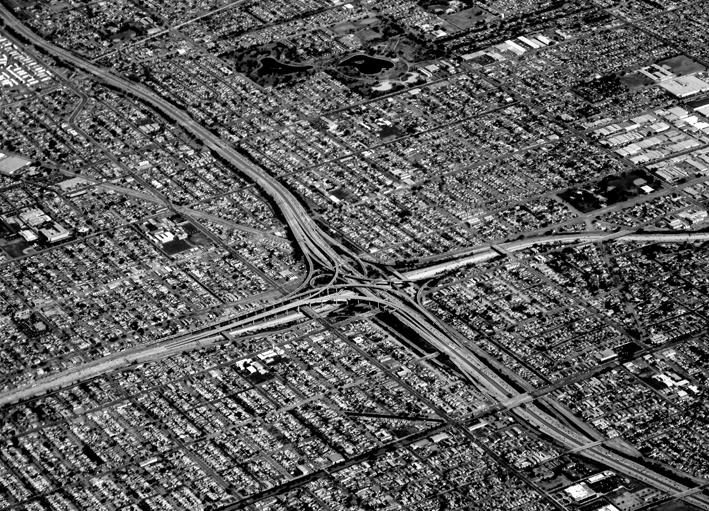
By reviewing a subsection of the growing academic literature on space and spatial theory, this paper seeks to demonstrate how the consideration of socio-spatial relations can enhance our understanding of people in their spatial environments.

Yet the questions raised by Henri Lefebvre’s postulations that daily life depends on the production (and consumption) of space remain largely unanswered, even in academic works coming out of Marxist geography that hold the category of space as their primary raison d’etre (Gottdiener, 1994). Space is a multi-dimensional concept that is at once economic, political, semiotic and experiential, and in this sense it is an integral component of social interaction and an indispensable vector for critical theory, particularly when added to the vectors of time and being. Knowledge of space is critical to understanding the production and transformation of social relations, and in this regard the built environment is an important concept for any endeavor in social analysis, including those undertaken by the discipline of social work. The latter review will proceed along the following two separate lines of categorical analysis: 1) Marxist geography and 2) Cultural geography. Subsequent to this undertaking, a review of the interdisciplinary literature based on the tenets of spatial and geographical analysis will be provided. In order for the discipline of social work to gain access to these developments, this paper seeks to introduce and facilitate an advanced understanding of the roots of spatial analysis and spatial theory. In recent years, urban anthropology has undergone a transformation by integrating a broad array of spatial theoretical perspectives from cultural geography, political economy, urban sociology, and regional and city planning.

The following paper chronicles a recent movement in the study of urban environments toward an appreciation of space and spatial theory.

Fairbanks II, University of Pennsylvania, School of Social Work, Philadelphia, USA Abstract A Theoretical Primer on Space A Theoretical Primer on Space By Robert P.


 0 kommentar(er)
0 kommentar(er)
